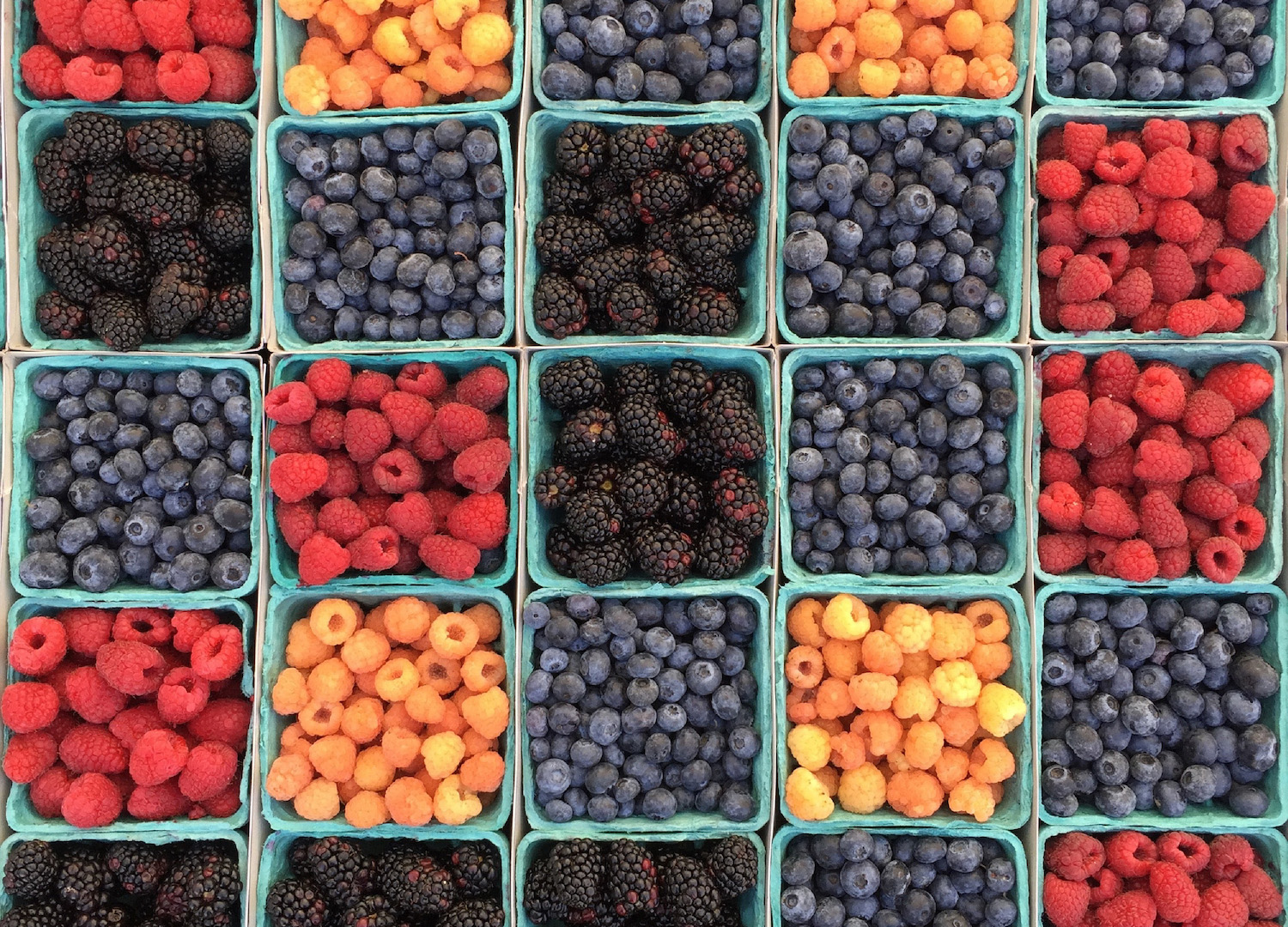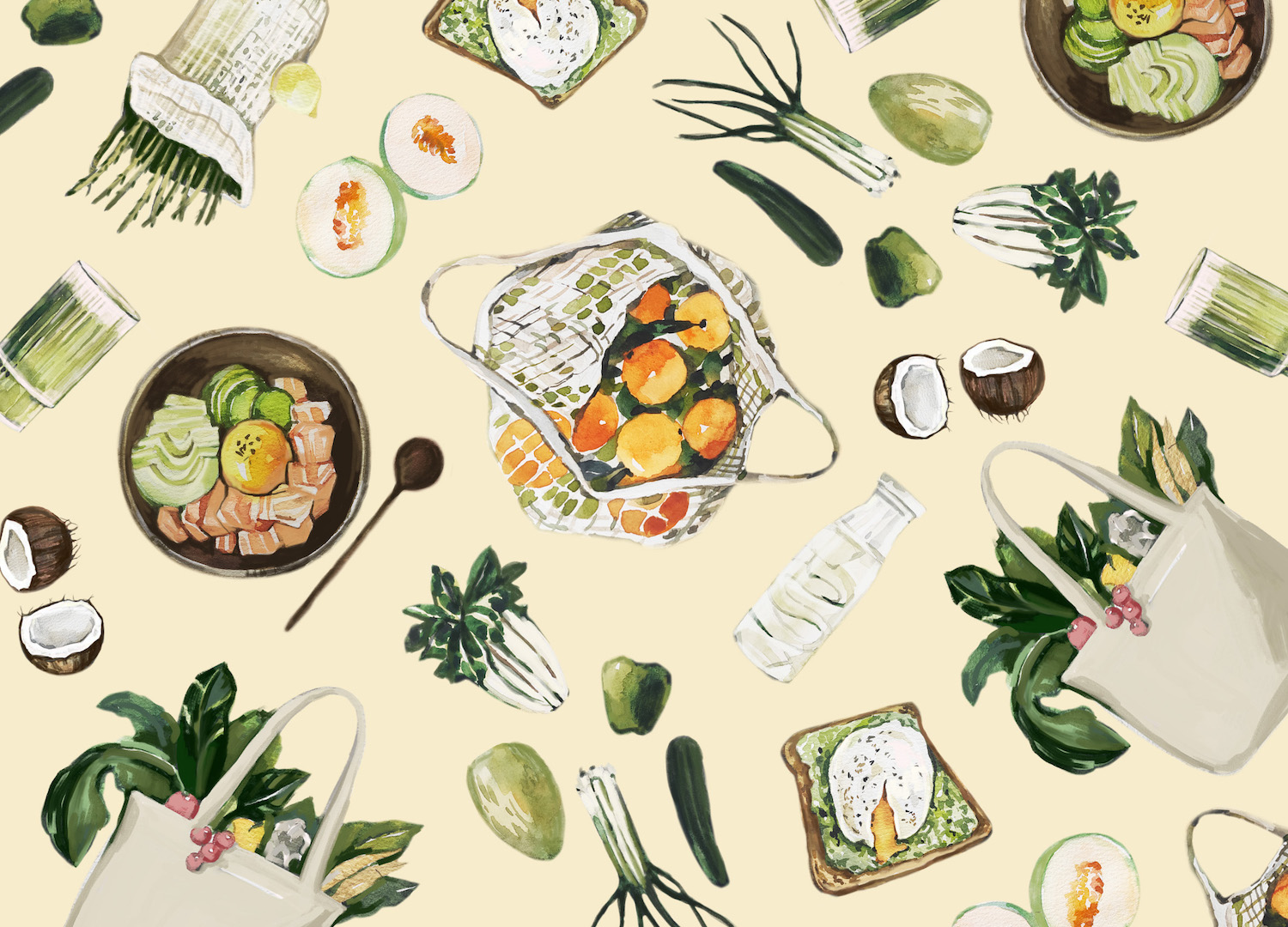
So You Want to Learn More About… Nutrition
According to a recent, self-conducted survey, Endeavour College found almost half (46%) of participants cared more about their health now than before the pandemic. Almost two-thirds (61%) wanted to learn more about health to better care for themselves and their loved ones. It led to the college launching its first suite of short courses – designed to be “relevant and life-applicable” while also empowering students to “take control of [their] own learning”.
In this series, created in partnership with our good friends at Endeavour College, we’re taking a deep dive into these short courses – to learn more about what the suites entail and expand our knowledge from credible sources. The first of Endeavour’s four suites is nutrition, so we caught up with program manager, environmental scientist and accredited nutritionist, Sophie Scott to dive into her world and dispel some common nutrition myths and misconceptions.
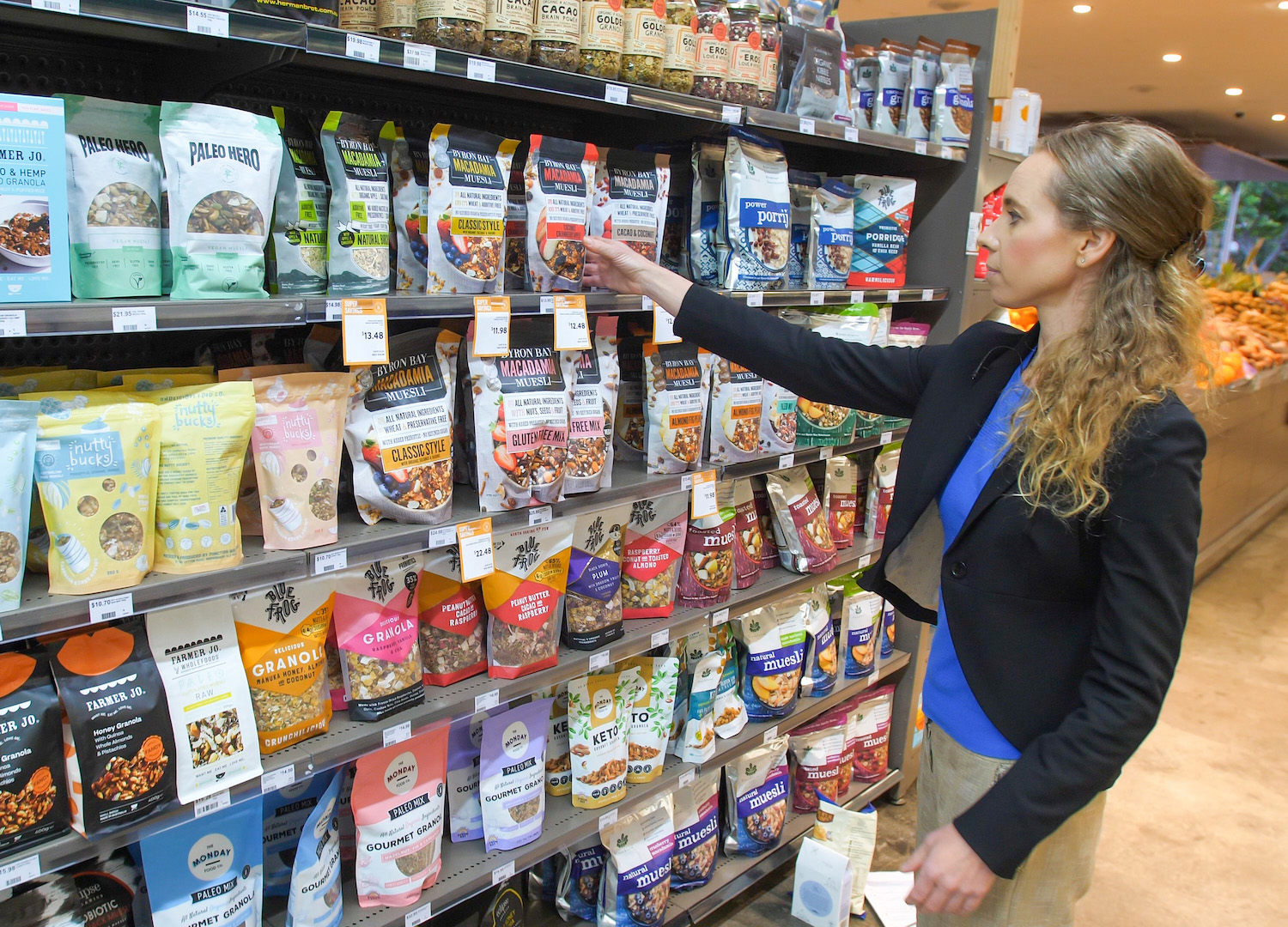

above SOPHIE SCOTT, PHOTO COURTESY OF ENDEAVOUR COLLEGE
Let’s go way back to basics… how does food impact our wellbeing?
Our food choices affect both our physical and mental wellbeing. If we eat too much, we can feel sluggish and lethargic. Equally, if we eat too little or go on strict diets, we can become at risk of malnutrition or eating disorders. It’s a fine balance between the two to get it just right. Food and mood are also interlinked. For example, researchers at Deakin University found that those who follow a Mediterranean-style diet are 33% less likely to develop depression. Further, junk foods may actually ‘shrink’ the hippocampus, the part of the brain that plays a key role in mood regulation and memory.
READ MORE – Everyday Endeavour: What This Nutritionist Eats to Kickstart Her Day
What does a holistic approach to nutrition actually mean?
Holistic nutrition means not counting calories or following fad diets, instead, keeping a balance is key. Have the pizza and beer with friends on a Friday, eat the ice cream, but make it a treat, not an everyday affair. Improving our relationship with food is key to holistic nutrition. Eating whole foods – think fruit and veg, grains, nuts and seeds, dairy and meat (or alternatives) and occasional treats (keep them out of eyesight though!) is the best approach.
Holistic nutrition means not counting calories or following fad diets, instead, keeping a balance is key.
Weight loss pitches from health food companies, gyms and social media influencers seem to be at their loudest as the new year rolls on through. What role does our brain play in our food choices? And how do weight loss fads prey on that?
You’ve probably noticed that when you feel great, you’re more likely to make good food choices.
Do you eat lunch with a fork in one hand and a phone in the other? Try focusing on your food, slow it down and relax while eating. Stress sends distress signals to the gut and can also provoke more inflammation. In turn, stress can result in unhealthy eating and the cycle continues.
Weight loss fads promoting quick results often involve cutting out food groups and counting calories. This kind of dieting is a recipe for disaster… long-term effects include an increased risk of eating disorders and a poor relationship with food. Food is meant to be enjoyed and provide fuel for the body, not to be counted and analysed. Did our ancestors care about the calorie count of their foods? No, they ate to survive. The problem is that now food is available everywhere and willpower is no match for our biological drive to eat more, particularly sweet foods.
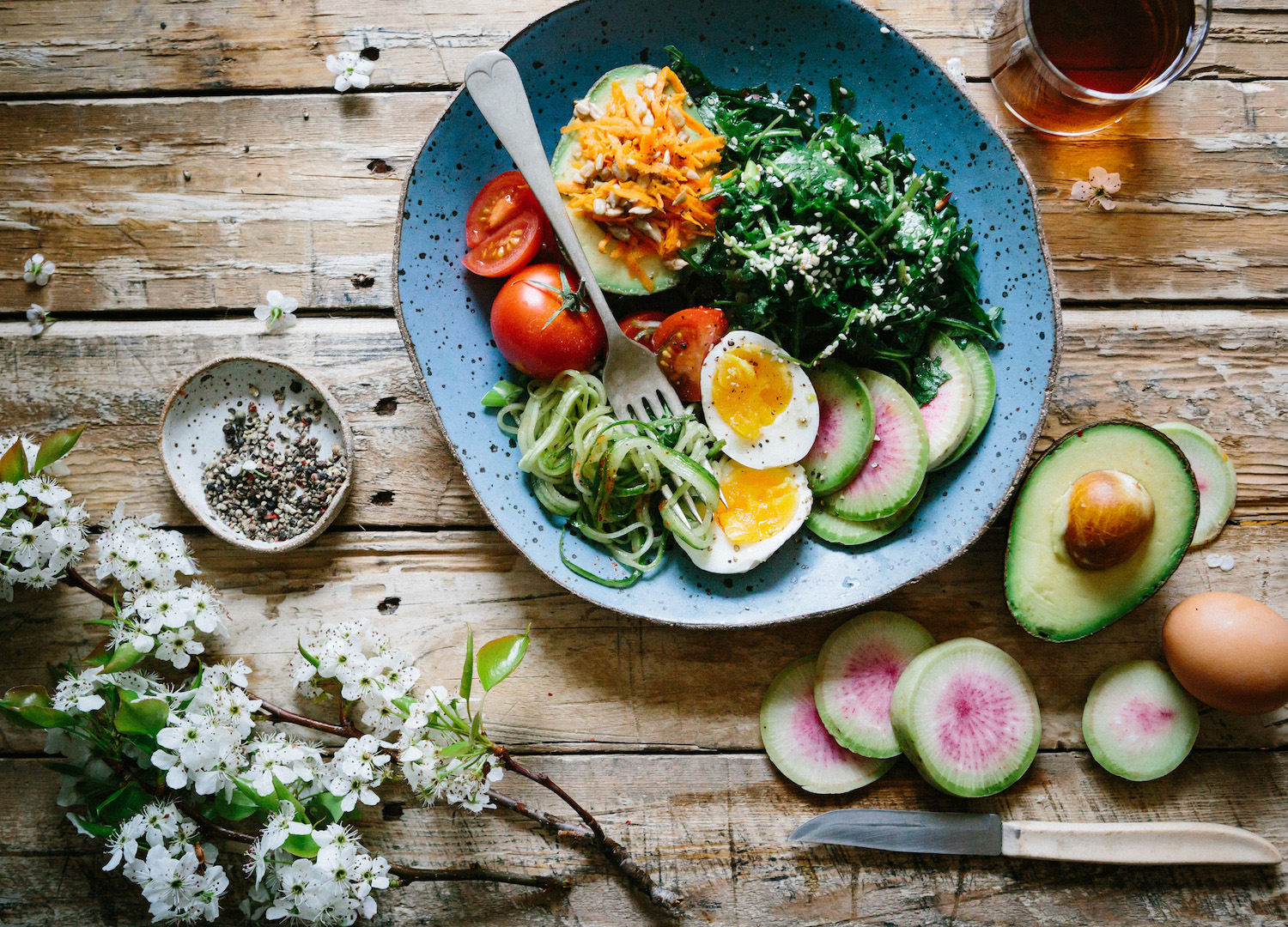
There’s a lot of talk on social media about gut health. Can you walk us through some of the science-based ways to improve it through nutrition…
Here are my five top ways to boost your gut health:
- Boost probiotics – yoghurt, kefir, kombucha.
- Boost prebiotics (food for probiotics) – apple and peanut butter as a snack; grate broccoli stalks and add to stir-fries.
- Choose some non-alcoholic drinks a few times a week (the recommendation is no more than 10 standard drinks per week).
- Avoid artificial sweeteners.
- Reduce stress through meditation and five-minute breathing exercises.
“What I eat in a day?” videos seem to go viral from influencers with no real accreditations. What’s your best advice for wading through socials and the misinformation out there regarding nutrition?
Firstly, keep the first half-hour of your day social media free. Then carefully check the qualifications of the influencers you’re following. Does what they’re talking about seem extreme or unhealthy? Don’t do it. The fact is, the way to great nutrition is boring… it’s eating whole foods and not too much, which is why people are always trying to find a quick fix, a pill or diet that will magically cause weight loss. It doesn’t work like this. If we shock the body by reducing calorie intake drastically, the body goes into a famine reaction and holds onto weight. Slow, incremental habit changes are what work for long-term health.
READ MORE – Everyday Endeavour: Roll Into the Weekend With This Vegetarian Meatball Recipe
What’s a food trend you are seeing on the rise in 2023?
Powered by almond, soy and oat milk lattes, which now account for at least a quarter of all barista-made coffees in Australia, we are leading the charge on plant-based protein, an industry tipped by the CSIRO to take off to the tune of around $10 billion by 2030. Current figures suggest the sector is worth $140 million so expect to see big investment and innovation in the coming years. New hyper-realistic, plant-based protein products such as a lab-grown lamb chop made from cultivated meat cells are set to be as palatable to meat-lovers as actual meat, and dedicated vegan butchers prove the plant-based movement is becoming more mainstream.
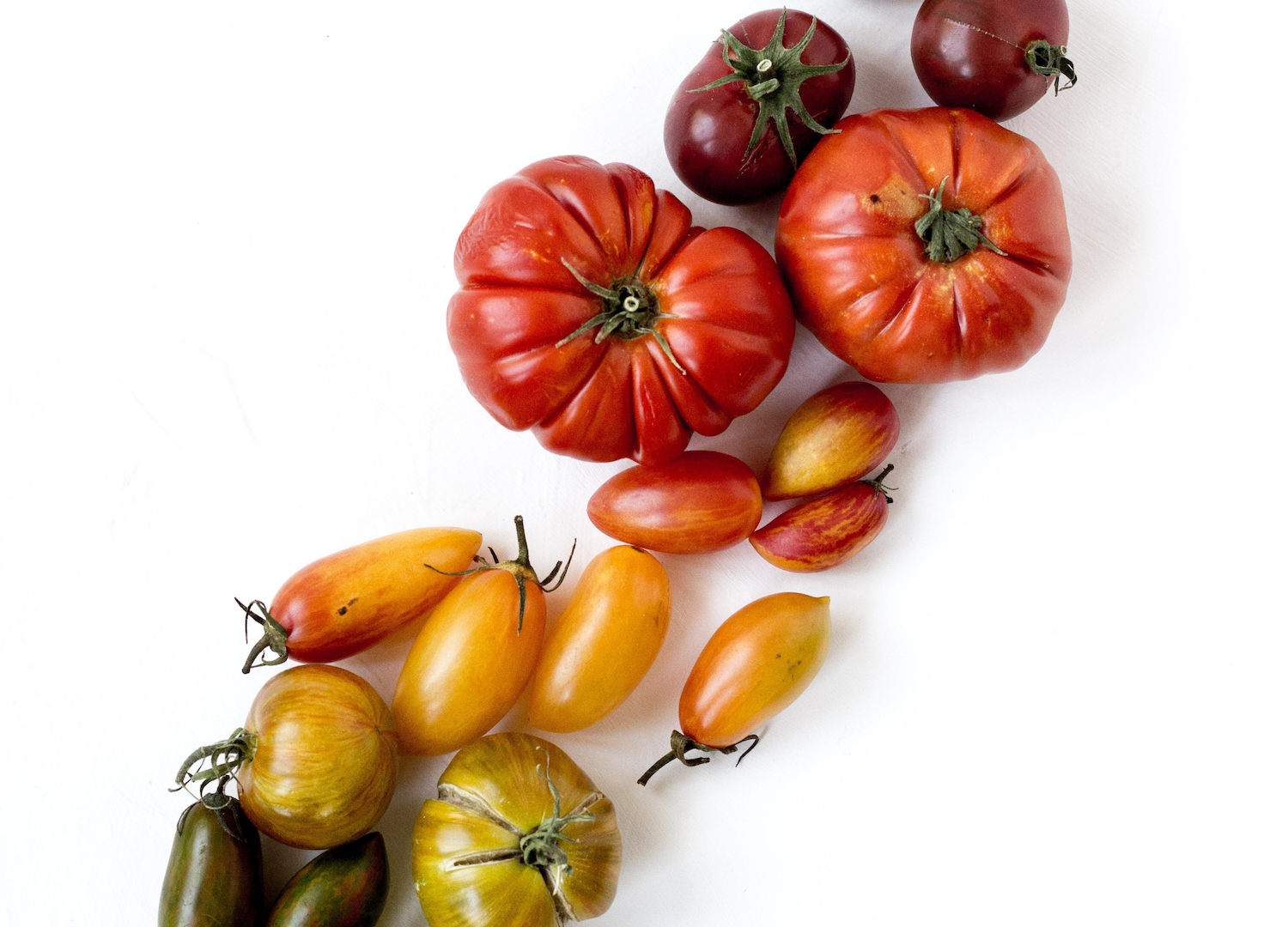
How can readers lighten their eco-footprint through a more sustainable diet?
To lighten your eco-footprint, consider reducing food waste by buying odd-shaped produce. Do you normally throw out broccoli stalks? Grate them into an omelette, soup or stir-fry. Reduce red meat consumption to 350 grams per week max. It’s the most greenhouse gas-intensive food we can eat. Making nachos? Replace half mince with red kidney beans or even kangaroo mince.
You can also try alt protein sources such as cricket powder. Insects have a lower carbon impact than red meat and you get the added bonus of fibre, which you don’t get with meat. If you can’t get past the ‘ick’ of an insect, hemp is another protein source that has a small carbon footprint. In fact, for every hectare of hemp produced, eight to 15 tonnes of CO2 is removed from the air, research from Cambridge University suggests.
READ MORE – “Nutrition Is Never Black and White”: Endeavour Graduates on How to Make Peace with Your Plate
Choose fruit and vegetables grown outdoors locally to minimise transport and energy usage associated with food production. Locally grown, in-season produce has a lower impact on the environment. Grow your own or join a community garden to get easy access to environmentally friendly, organic produce. Try to buy organic when you can.
You can also buy in bulk to reduce packaging, waste and costs. Farmers’ markets are a great way to access bulk, fresh food, while also supporting local businesses, or try a food delivery box to get the pick of the seasonal bunch delivered to your door.
